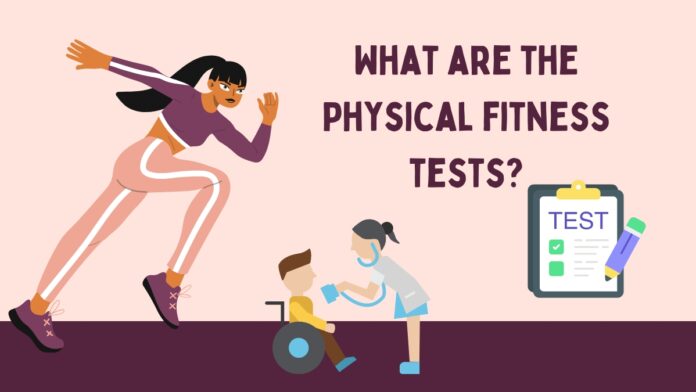Physical fitness tests are a great way to understand our bodies and improve our health. They provide useful insights into our ability to perform various physical activities. Whether you’re an athlete, a casual gym-goer, or someone aiming to enhance your well-being, these tests can be helpful.
Just imagine simultaneously measuring your strength, endurance, and flexibility! This can help you set personal goals and keep you motivated on your fitness journey. With the right tools, you can track your progress and see firsthand how your hard work leads to real results.
Are you interested in learning about the specific tests available? Let’s explore the world of physical fitness assessments and see how they can transform your approach to health and wellness.
The Importance of Physical Fitness Testing.
Physical fitness testing is essential for assessing an individual’s health and performance. It provides valuable insights into strengths and weaknesses by measuring specific fitness components, which helps identify areas for improvement and allows individuals to tailor their training programs effectively.
Regular assessments can track progress over time, allowing people to see tangible results from their efforts, which boosts motivation and commitment. Furthermore, fitness tests promote accountability, as knowing your baseline measurements makes you more likely to stay focused on your goals.
In addition, these evaluations can reveal potential health risks early on. Recognizing cardiovascular problems or muscular imbalances is vital for long-term well-being.
Types of Physical Fitness Tests.
Different types of physical fitness tests assess various aspects of health and performance. Knowing these different types can help you choose the right assessment for your fitness goals. One common test measures cardiovascular endurance, which evaluates how well your heart and lungs work together during exercise.
Strength testing is another important area, assessing muscular strength through exercises like push-ups or weightlifting. Flexibility tests determine the range of motion in your joints, often using stretches to gauge flexibility levels. Body composition assessments reveal the fat-to-lean mass ratio in your body.
Tools like callipers or bioelectrical impedance analysis are commonly used for this purpose. Agility tests measure quickness and coordination through activities that require speed and direction change, such as shuttle runs. Each type of test plays a role in understanding overall physical fitness.
A. Cardiovascular Endurance Test.
Cardiovascular endurance tests measure how well your heart, lungs, and muscles work together during sustained physical activity. These tests are important for anyone looking to improve their fitness levels. One common test is the Cooper Test, where participants run as far as they can in 12 minutes. The distance covered indicates aerobic capacity and overall endurance.
Another popular option is the VO2 max test. It measures the maximum amount of oxygen your body can use during exercise. This test usually requires specialized equipment but provides valuable insights into fitness levels.
These tests help track progress and motivate individuals to push their limits. Whether you’re an athlete or a fitness enthusiast, understanding your cardiovascular endurance can significantly shape your training regimen.
Conclusion.
“Physical fitness tests are essential for understanding someone’s health and fitness level. These assessments provide valuable insights into various aspects of physical performance, helping individuals track progress over time.
By examining cardiovascular endurance, muscular force, flexibility, and more, these tests can highlight areas for improvement. They offer a structured way to measure fitness without the noise of subjective interpretations.
Regularly engaging with physical fitness testing can motivate individuals to stay committed to their exercise routines. It creates accountability and encourages goal-setting.
Incorporating these assessments into your wellness journey enhances performance and promotes overall well-being. Embracing this approach leads to better health outcomes and a deeper connection with one’s body.”


